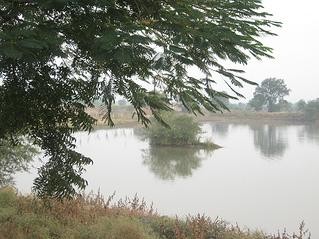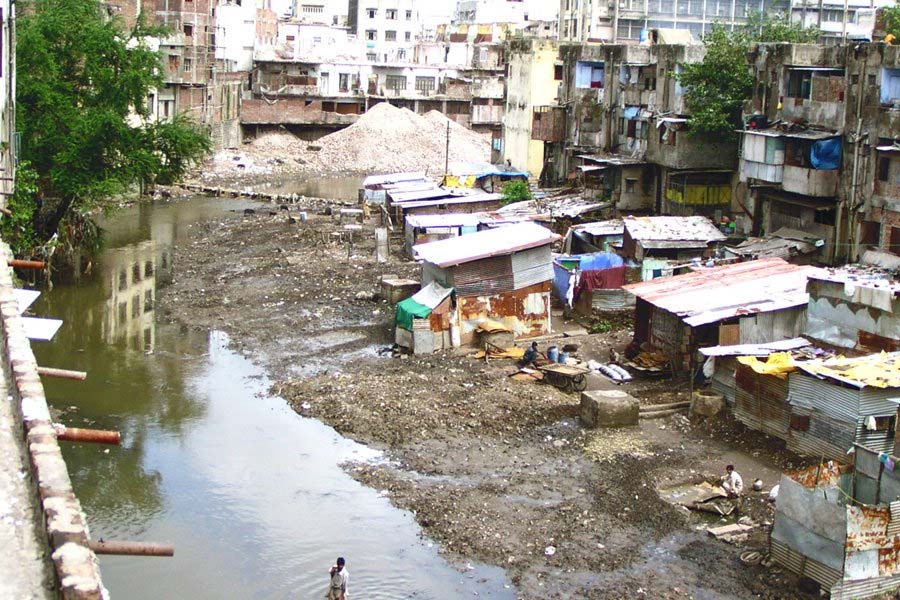Sanitation and Hygiene
A community comes together to revive lakes and ponds in Valni village, Nagpur, Maharashtra
Posted on 02 Jan, 2013 06:58 PM
The 200 old revived lake in Valni village, Nagpur
"Ministry of Environment & Forests held responsible for high levels of pollution in major Indian rivers" - The Resource and Information Network for the Coasts' January 2013 newsletter
Posted on 01 Jan, 2013 10:45 PM

The January edition of the TRINet has the following highlights:
Survey of the environment 2012 - A publication by The Hindu
Posted on 31 Dec, 2012 09:59 AMThe report includes the following articles under separate sections:
Biodiversity
The section on biodiversity includes four articles:

Centre adopts National Water Policy 2012 - Roundup of the week's news (December 24 – 30, 2012)
Posted on 31 Dec, 2012 07:33 AMCentre adopts National Water Policy, 2012
Briefing papers on ‘Jal kothis’, ‘Matka filter’, 'Dug wells' and ‘Phayedemand shauchalaya’: Local innovative solutions in flood prone Bihar by Megh Pyne Abhiyan (2011)
Posted on 29 Dec, 2012 03:14 PMThe briefing papers include the following:

Swaniti offers fellowships on scaling up sanitation programmes in Balasore, Orissa and executing 'the ponds for livelihood project' in Jamshedpur, Jharkhand - Apply by January 7th, 2013
Posted on 27 Dec, 2012 10:09 PMAbout Swaniti
Swaniti is an apolitical initiative that strives to build a better India by creating civically oriented opportunities for talented and passionate youth in governance and polity. The organization works with leaders across the political spectrum to identify issues in their constituency and recruits dynamic youth to design and implement solutions to overcome these challenges.
About the fellowship
Swaniti believes in a government by the people, people should be at the core. Hence the Swaniti Fellowships aims to engage the brightest youth in the country in governance by launching them in constituency development engagements, thereby involving them in development and governance.
Swaniti provides mentoring to the Fellows to enable them to successfully complete their fellowship. The mentoring is in the form of pre-fellowship training; setting expectations and supplying the Fellows with necessary resources such as research support, sector specific guidance and trouble-shooting during the Fellowship. Throughout the engagement, Fellows are expected to work with the support of the Swaniti team to meet the deliverables.
"Arghyam prepares Water Quality Management (WQM) framework for rural areas" - Ministry of Drinking Water and Sanitation releases its first e-newsletter on water and sanitation in India (December 2012)
Posted on 24 Dec, 2012 08:51 PMThe newsletter refers to the nationwide campaign carried out by Arghyam, with the aim of creating awareness on water quality issues with a specific focus on fluoride contamination in groundwater sources, by engaging students from across the country in a water quality testing, analysis, and reporting.
In the newsletter, the spotlight is turned on:
Sustainability and financial viability of urban water supply and sanitation in dryland areas in India - Case study of Indore city
Posted on 22 Dec, 2012 02:14 PM
Slum area in Indore
Image courtesy: http://www.ugo.cn/photo/nn/pt/48743.htm






